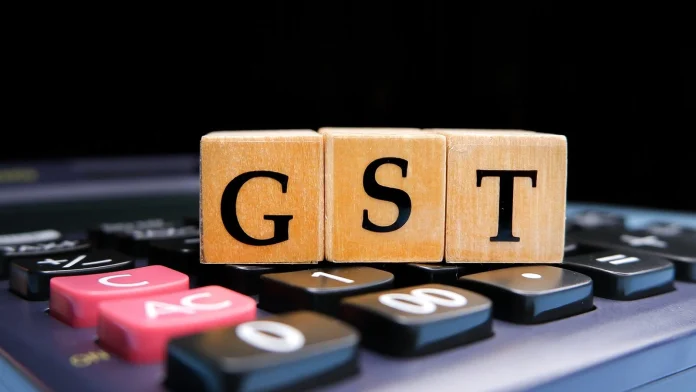The GST Network (GSTN) has announced a major change, according to which businesses with a turnover of Rs 100 crore and above will be required to upload their electronic invoices (e-challan) on the IRP within seven days starting May 1. Have to do This is a new process that will allow merchants to upload invoices for their larger businesses.
GSTN: The GST Network (GSTN) has announced a major change, as per which businesses with a turnover of Rs 100 crore and above will be able to generate IRP of their e-challans within seven days starting May 1. (IRP) will have to be uploaded.
This means that they will upload their invoices on the IRP and not on the Invoice Registration Portal (IRP). This is a new process that will allow merchants to upload invoices for their larger businesses. This change has been made by GSTN and traders will have to follow it from the time this rule comes into force.
The GST Network (GSTN) has said that the government has decided to impose a time limit on reporting of old invoices on the IRP portal for taxpayers with an annual turnover of more than or equal to Rs 100 crore. The purpose of this is that the taxpayers should do the reporting of their old invoices on time and ensure their tax sale. This decision will facilitate the operationalization of the GST program and help in doing good deeds for the taxpayers. Taxpayers who follow this time limit should keep in mind so that they report their invoices in time and comply with the rules.
E-challan is mandatory
Under the Goods and Services Tax (GST) law in India, e-invoicing was made mandatory for business-to-business (B2B) transactions for companies with an annual turnover of more than Rs 500 crore from October 1, 2020. It was initially implemented for companies with a turnover of more than Rs 500 crore, and later extended to those with a turnover of more than Rs 100 crore, to facilitate the process of e-invoicing and making payments Was. This new process is an attempt to make the transaction smooth and transparent for business-to-business (B2B) transactions
Must be uploaded within the time limit
GSTN network has issued an update as per which category taxpayers will not be allowed to report invoices older than 7 days on the date of reporting of old invoices. However, taxpayers will not have to complete this work immediately and will be given full time. The new format will come into effect from May 1, 2023, under which the ban on invoices will apply. This new format will not have any time restriction on reporting of Debit/Credit Notes. You will need to generate and pay invoices conforming to this new format.
If your business has not uploaded invoices on MRG (e-invoice), then you cannot avail Business Input Tax Credit (ITC). This is the new technological change which will help in preventing backdating of e-invoices by big companies. It is already implemented for large taxpayers and the government plans to extend it to all taxpayers in a phased manner. Currently businesses with a turnover of Rs 10 crore and above are required to generate electronic invoices for all B2B transactions.






